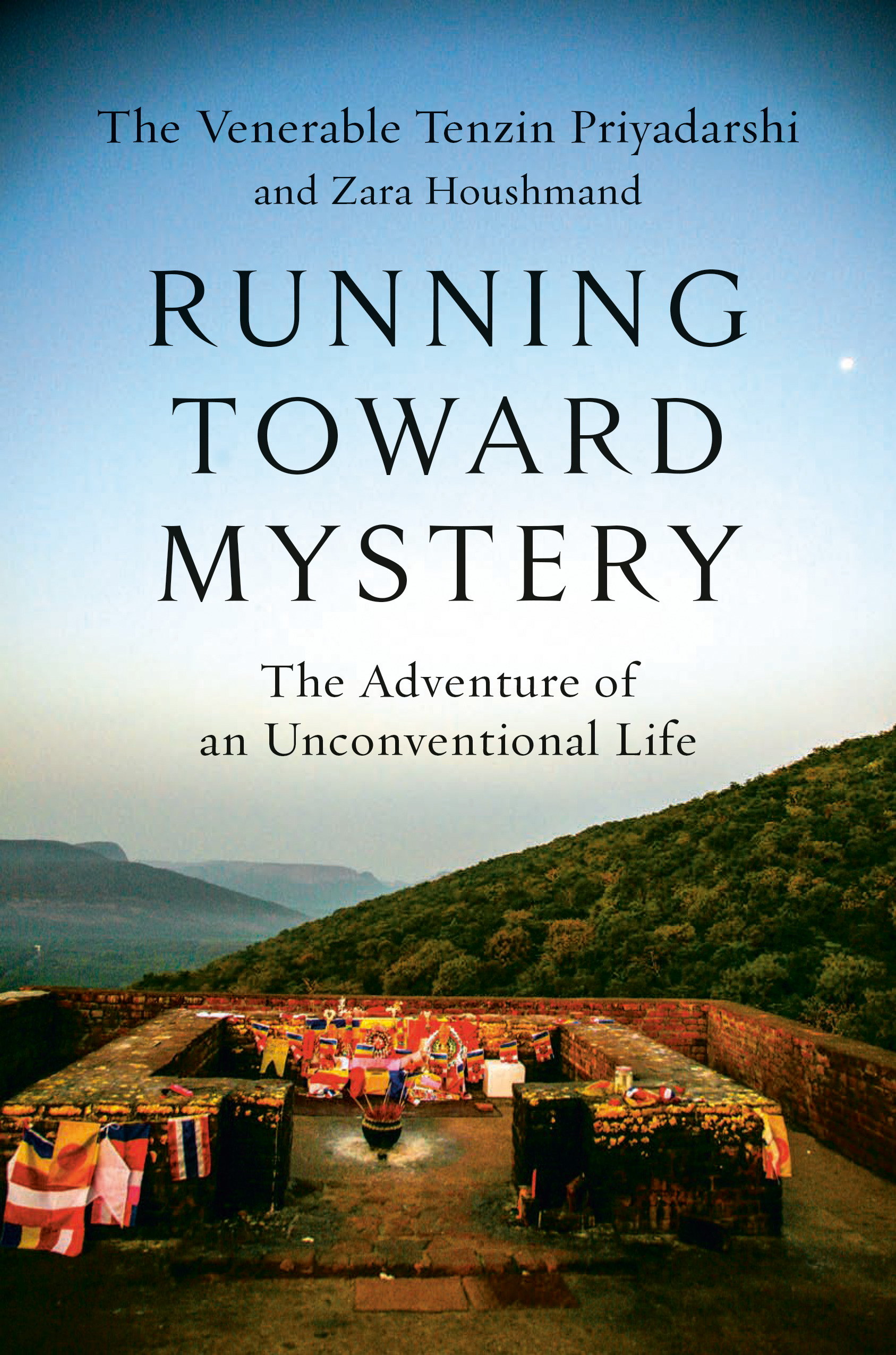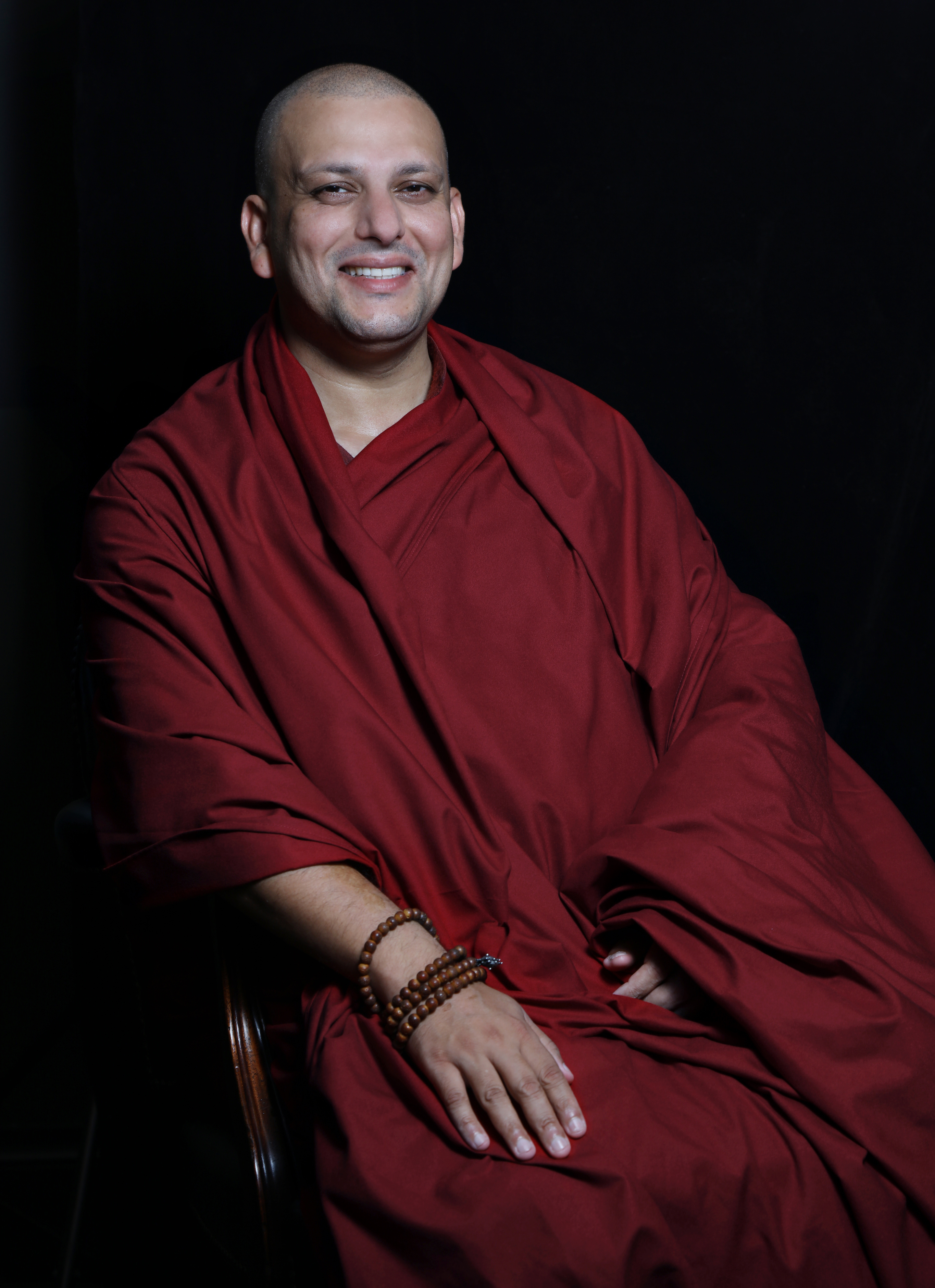What I saw in Drubwang Rinpoche in his every moment of engagement was a simplicity, childlike but far from naïve, that shone with a light of conscious choice. He was functioning in this world but he was not bound by its rules or priorities. His own priorities were absolutely consistent and only seemed eccentric when viewed through the lens of worldly sensibilities. He embodied a spiritual practice that was entirely pure in its motivation. He seemed to have erased all transactional calculations from his mind, and it was only the contrast with everyone around him that made him seem odd.
So much of our spiritual life involves an estimation, however subtle or barely conscious, of what our time and effort is worth: What am I going to get out of this? It’s a salesman’s trick. If I meditate for twenty minutes, if I carve out time for this retreat, if I shell out for a ticket for this teaching, what is my return on investment? The absorption of meditation and mindfulness practices into the mainstream has entirely re-packaged spiritual motivation in terms of this cost-benefit analysis. We now have bullet points, features, and benefits to deflect us from the path: Learn to relax, lower your blood pressure, improve your focus, increase your productivity. If we haven’t yet caught the bug, employers will offer incentives. We have apps to conveniently quantify our progress, and spur us to compete. The tech industry has been the most eager to convert spiritual practice into a life hack. They are early adopters by nature; others quickly follow.
If meditation and mindfulness in the grip of late-stage capitalism have become tools to boost productivity, in the hands of psychotherapists they become tools for managing emotion. They protect and shore up a fragile ego instead of serving to shatter it purposefully. They render samsara less unpleasant rather than pointing us toward liberation. Renunciation seems irrelevant when our capacity for tolerating the world’s suffering and our own is so well enhanced. The medicine that should lead to awakening is being prescribed off-label as an anesthetic.
Drubwang Rinpoche would have seen the flaws of such thinking immediately. We, on the other hand, will have to expend a lot of effort to unlearn the messages about meditation that are broadcast from all corners. If I choose to say very little about the actual practice of meditation in these pages—or more precisely, the innumerably many practices that go under the label of meditation—it is because I don’t want to add more noise to this cacophony. Beyond advertising the benefits of meditation, more than enough words and trees have been spent describing specific practices in detail. What is needed more urgently is attention to the motivation, the discipline, and the sense of purpose that creates a nest for the practice and will ultimately determine its outcome.
Like every other aspect of spiritual practice, meditation ideally is exploratory and experimental. We have learned to think of discipline as just showing up, the seat planted consistently on the cushion. Not playing hooky is a childish definition of discipline. A deeper discipline consists not in hammering away at the same problem with the same tool held at the same angle, but in our ability to self-correct. When we are stuck, can we find a detour to circumvent the obstacle without running off on a tangent? When we meet with unfamiliar terrain, can we explore without losing sight of the path? When we learn something new, and realize that it contradicts what we learned earlier, can we erase and redraw the map? The ability to adjust course is fundamental to the pursuit of wisdom.

Follow us here and subscribe here for all the latest news on how you can keep Thriving.
Stay up to date or catch-up on all our podcasts with Arianna Huffington here.



